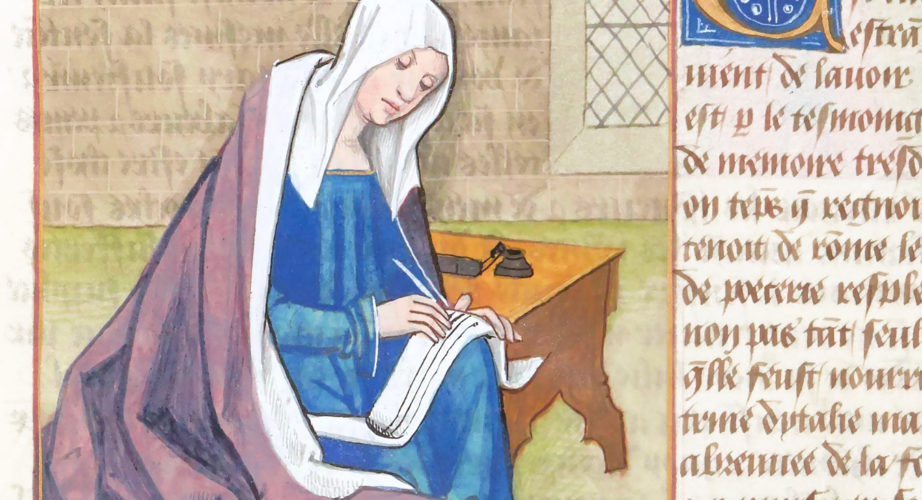Aemilia Tertia

Is it possible to forgive someone for cheating on you? Many would probably say that it is impossible, or unfair even, but our dearest Boccaccio seems to feel differently about that. The story of Aemilia Tertia we will tell you about today is a perfect example of his attitude.
Daughter of Lucius Aemillius Paullus, Aemilia married another Roman general, Scipio Africanus. In spite of their initial happiness, Scipio ended up being attracted by other women as his wife's beauty faded away with time. Eventually, he began an affair with a servant, which did not go unnoticed by Aemilia.
Despite being aware of her husband's adultery, however, the woman decided to keep silent and to live with it, thus preserving his reputation from public humiliation. What makes her even worthier of Boccaccio's praise is the fact that after Scipio's death, instead of punishing his lover, she generously freed her from slavery and gave her hand in marriage to a trusted man.
The way Boccaccio celebrates Aemilia for accepting her husband's infidelity without making a scene out of it can sound a bit sexist to today's readers. However, we must admit that his interest in female figures was definitely ahead of his time for a man of the 14th century!
“Aemilia”, illumination from the manuscript “Le livre de femmes nobles et renomées”, ms. Royal 16 G V, f. 88v, ca. 1440, British Library, London.
Historically and mythologically speaking, being in a powerful position (and perhaps also a…
The time has finally come for the very first Women’s Wednesday of 2021!…
Welcome back to another Women’s Wednesday! Our weekly Mulier Clara, much like Sappho…


